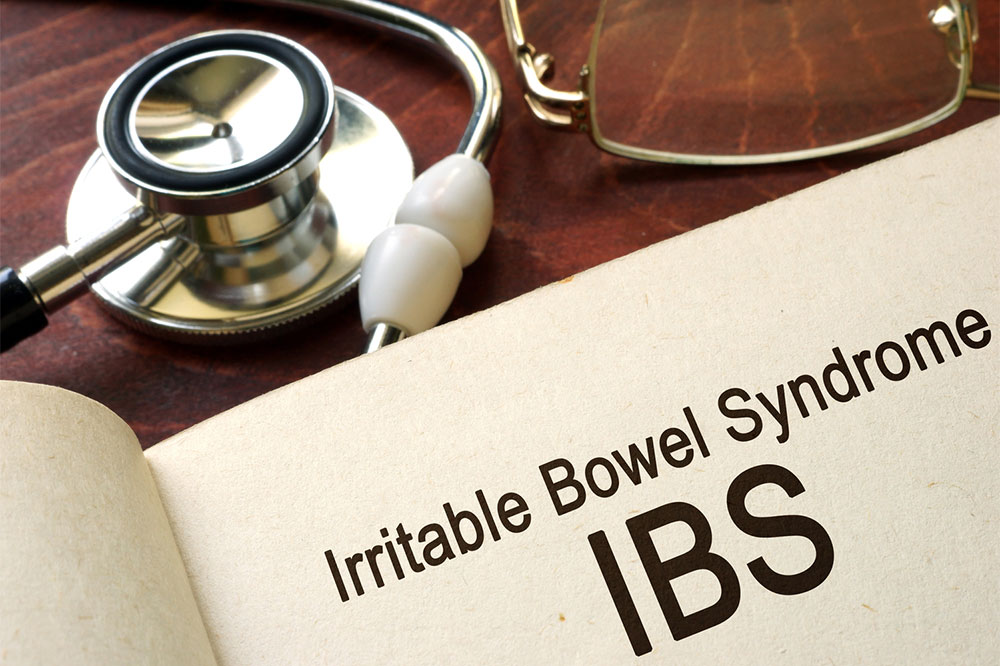Understanding the Impact of Probiotics on Irritable Bowel Syndrome
This article explores the role of probiotics in managing irritable bowel syndrome (IBS). It highlights how specific probiotic strains, including Bifidobacterium infantis, Lactobacillus plantarum, and others, can alleviate common IBS symptoms like pain, bloating, and irregular bowel movements. The research underscores that probiotic benefits depend on strain type and individual responses, making personalized treatment essential. Probiotics are safe, with broad health benefits, and are increasingly used as complementary therapy for digestive health, allergy relief, and overall wellness.
Sponsored

Overview of Probiotics and Their Role in Managing IBS
Probiotics are beneficial microorganisms that enhance the natural bacteria in the gut, promoting a balanced intestinal environment. Recognized by the World Health Organization as live microbes offering health benefits, probiotics are increasingly used to treat gastrointestinal issues like inflammatory bowel disease and irritable bowel syndrome (IBS). IBS is a complex condition characterized by digestion discomfort and irregular bowel movements. Research indicates that certain probiotics, particularly Bifidobacterium infantis, can alleviate IBS symptoms, including abdominal pain, bloating, and irregular defecation.
Health Benefits of Probiotics
Probiotics support digestive health by promoting friendly gut bacteria, aid in effective digestion, and can help manage diarrhea-related conditions. They are also linked to heart health and maintaining mental equilibrium. Furthermore, probiotics have shown promise in reducing allergic reactions and treating eczema, enhancing overall wellness.
Understanding Irritable Bowel Syndrome
IBS causes abdominal discomfort and irregular bowel habits, affecting daily life but not life-threatening. Symptoms include diarrhea, constipation, gas, and bloating, often triggered by certain foods, medications, or lifestyle factors. Recently, probiotics have gained attention as a potential treatment option, with increasing patients turning to them for symptom relief.
Research on Probiotics and IBS
Several studies have explored how probiotics like Lactobacillus plantarum and Lactobacillus acidophilus impact IBS symptoms. One study involving 112 patients observed improvement in pain and gas with Lactobacillus plantarum, though constipation remained unaffected. Other research with Lactobacillus acidophilus showed symptom relief in pain and bloating after six weeks, with varied results depending on the strain used. Additional studies noted improvements in pain and gas symptoms with probiotic combinations including Streptococcus thermophilus, Lactobacillus bulgaricus, and Bifidobacterium longum. A larger trial with 172 patients using multi-strain probiotics reported significant symptom relief, particularly in pain, but no notable change in diarrhea or constipation. Overall, probiotic efficacy in IBS varies by specific strains and individual conditions, highlighting the importance of personalized approaches.






